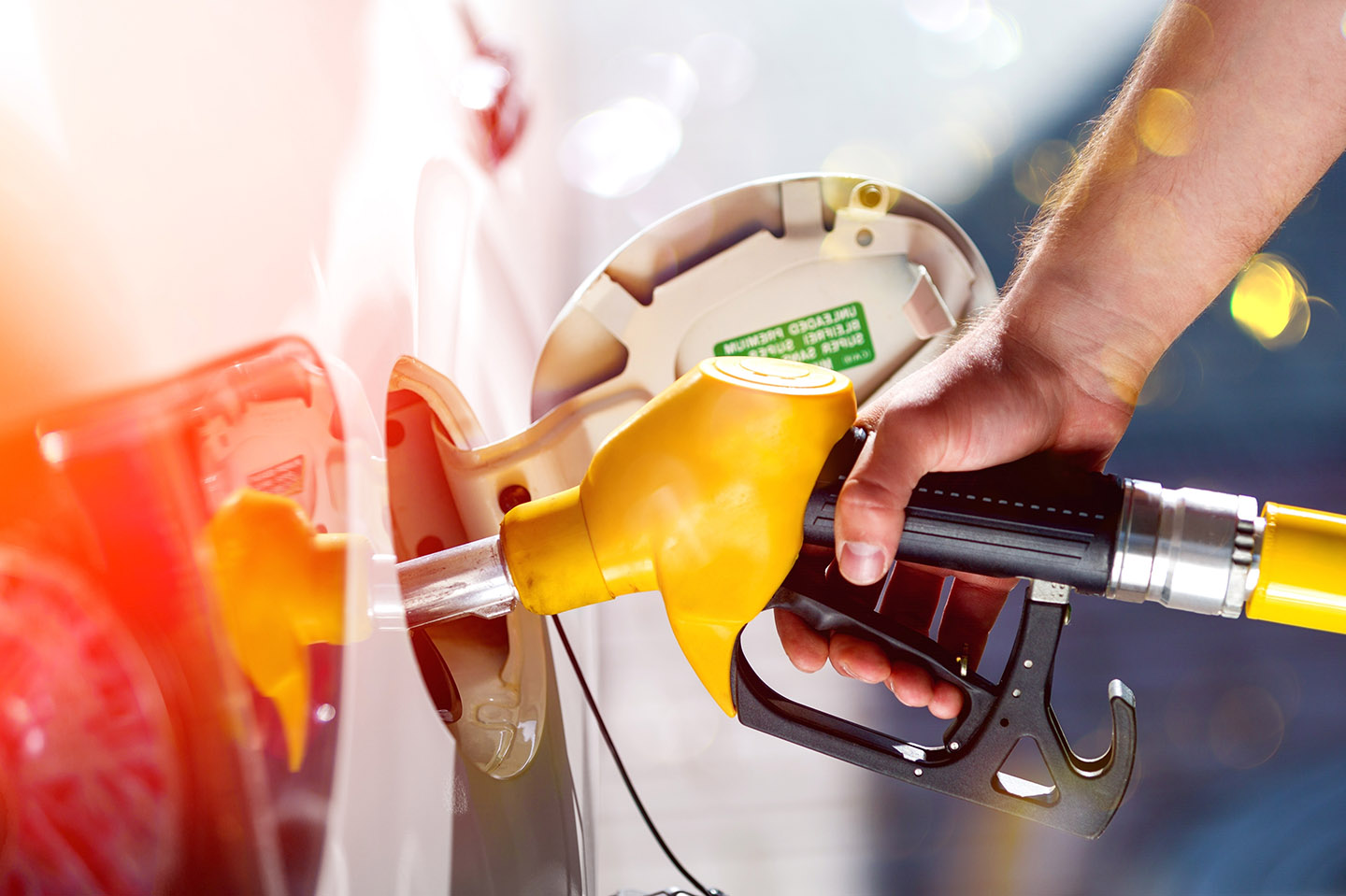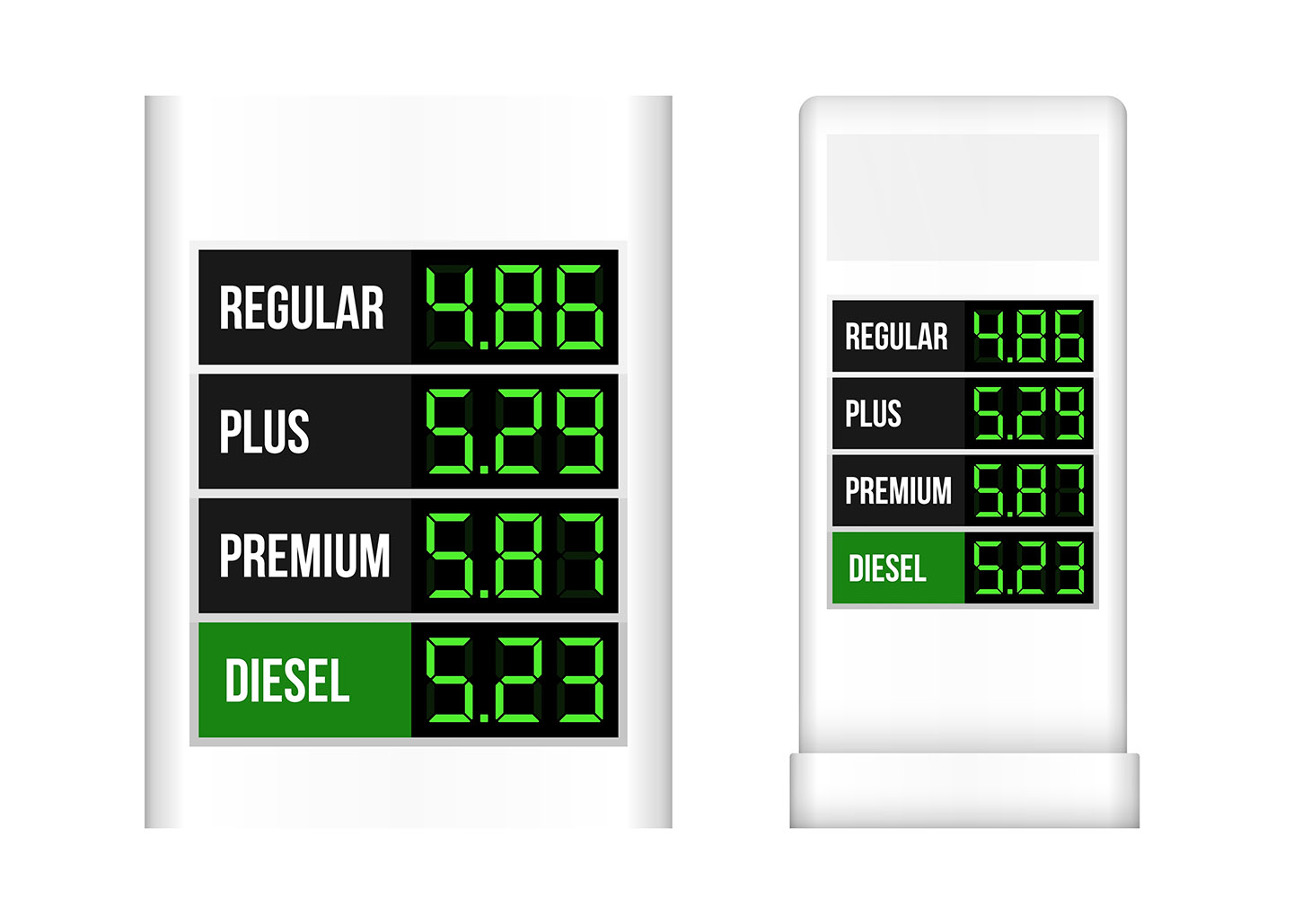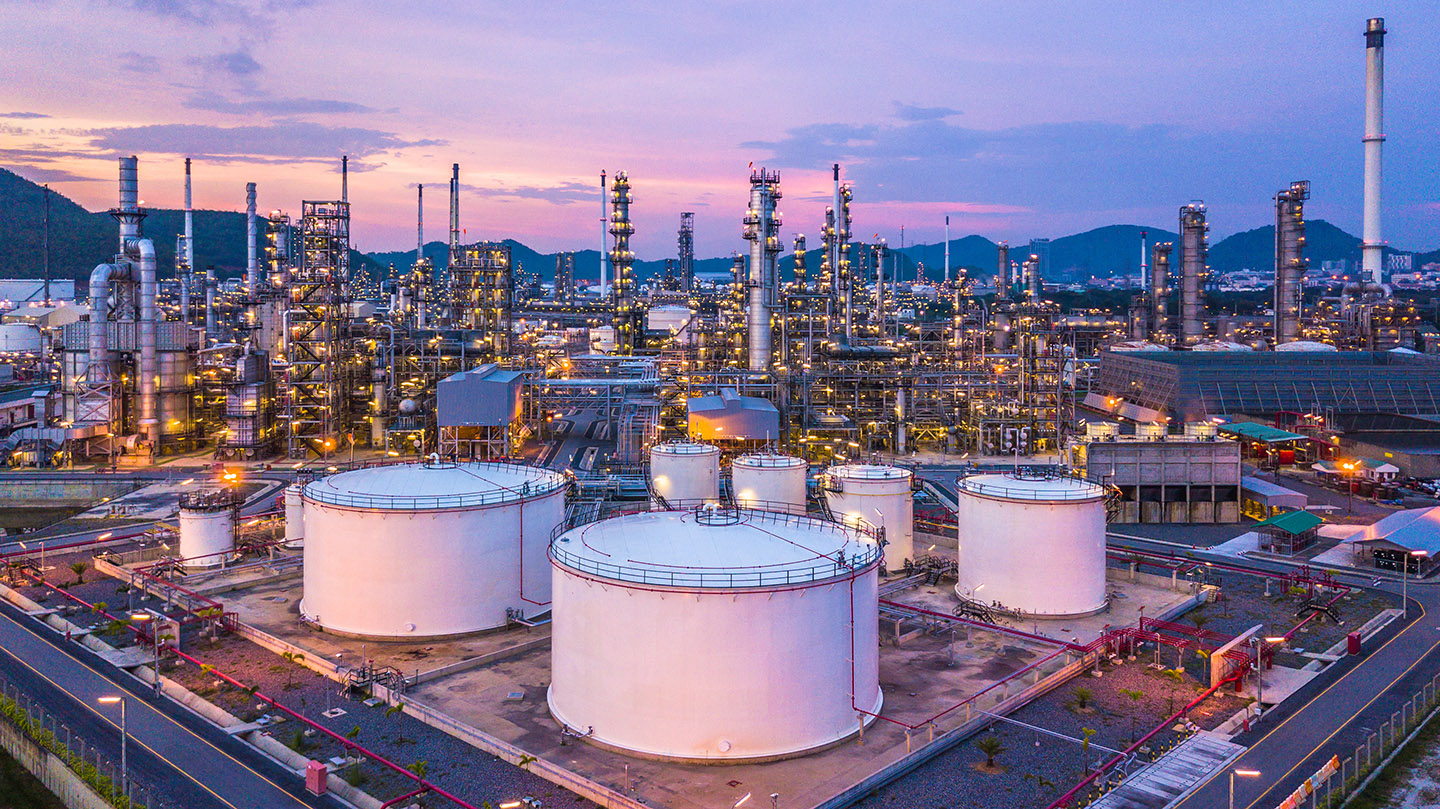Why Is Diesel More Expensive Than Gas?
Aug 1st 2023

Billion Photos / Shutterstock.com
The price of fuel varies based on supply and demand. But one thing remains constant: Diesel fuel is almost always more expensive than regular gas. In 2022, the price of diesel was around $1 more per gallon than its unleaded counterpart. So, how does the industry account for this price difference?
Why Diesel Is So Expensive:
Several factors have made diesel fuel more expensive than gas, but all that extra money isn’t going to waste. Diesel fuel contains more energy per gallon than unleaded fuel. Diesel engines are also more efficient than gasoline engines while lasting up to a million miles or more.
Taxes
The government is responsible for at least five percent of the price increase. Diesel fuel is taxed at 24.3 cents per gallon, whereas regular gasoline’s tax is 18.3 cents per gallon under the federal motor fuel excise tax, according to the U.S. Energy Information Administration. States impose taxes on fuel, as well, and the price of diesel fuel varies by location. Diesel state taxes tend to be 7.55 more per gallon than those for gasoline. The tax revenue is used to maintain highways and transportation systems that allow these vehicles to travel across the state/country.
Increased Production Costs
Diesel fuel has changed over the last few decades due to health and environmental concerns. Before 2006, diesel contained higher levels of sulfur than it does today. Emitting sulfur into the atmosphere can lead to a range of negative health outcomes, including respiratory infections. It can also damage trees, pollute waterways and endanger vulnerable ecosystems. That’s why the Environmental Protection Agency now requires diesel fuel to be made with no more than 15 parts per million. This is known as ultra-low sulfur diesel (ULSD), which has since become the standard in the oil and gas industry.

Guki / Shutterstock.com
But using less sulfur increases the cost of production for oil refineries. During the distillation process, crude oil is boiled until it releases vapors into the air, which then collects on trays. Some of the particles that would otherwise be used to create fuel now have to be removed from the supply. This requires an extra step and reduces how much fuel can be extracted from the oil.
Shop All Diesel Products
Burning diesel fuel can still release hazardous gases into the atmosphere even with these regulations in place. Every make and model now comes with some type of emissions reduction system to prevent nitrous dioxide from polluting the air we breathe.
For example, the Ford Powerstroke line uses an exhaust gas recirculation (EGR) cooler to reduce the temperature of the recycled exhaust gas after it has been burned and before it reenters the combustion chamber. Cooling the gas helps remove these particles from the exhaust. If the gas is too hot or coolant leaks into the crankcase, it could overheat the engine. Replace your EGR cooler with time to improve vehicle performance.
The exhaust is also responsible for removing particulate matter from the gas before it goes out the tailpipe, but it will clog with age. Find replacement exhaust system parts to keep the atmosphere as clean as possible.

Avigator Fortuner / Shutterstock.com
Supply and Demand
Last, we can’t discuss prices without talking about supply and demand, the foundation of economics. Demand for diesel has increased around the world, pushing prices up in most markets.
But producers often struggle to keep up. One barrel of crude oil only produces 11 to 12 gallons of diesel fuel compared to up to 20 gallons of gasoline. That means companies are getting fewer products with diesel than gas even though they are putting in the same amount of work.
Trade disputes and international conflicts can further complicate matters. Most of the world’s crude oil comes from Russia, Saudi Arabia, and China. The U.S. and Canada are among the top producers, as well, but most of that oil is exported to other countries for refining. The ongoing Russian invasion of Ukraine forced many countries to stop importing Russian oil, which reduces the domestic supply.
If you are looking to save money at the pump, maintain your diesel engine according to the manufacturer’s guidelines and keep an eye on your fuel efficiency to see if your vehicle needs to be repaired. Transmission gear slippage can slowly decrease your mileage. Use these tips to find out if it’s a bad torque converter vs. bad transmission. You can save money by replacing the converter instead of the entire transmission. The price of diesel won’t go down any time soon unless the global market changes. At least now you know why you’re always paying more.
